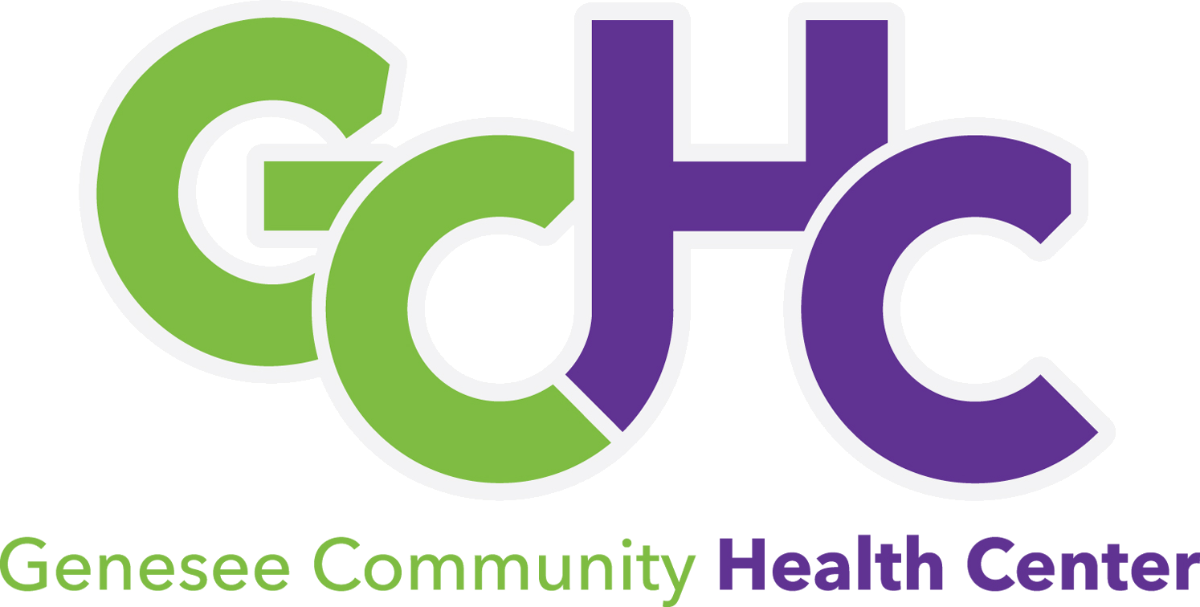The CIS Learning Center provides Applied Behavior Analysis (ABA) treatment, a positive approach to building skills like:
- Communication
- Social skills
- Daily living skills
- Managing behavioral challenges
- Self-management.
Our center provides supervised opportunities for children to interact with other kids and to practice social skills.
Children can work with a variety of staff, which helps them build and extend their skills through a social learning experience using techniques for understanding and changing behavior. Positive reinforcement is the main tool used at our center. When behavior is followed by something that is valued (a reward), a person is more likely to repeat that behavior. Over time, this encourages positive behavior change.
Each child can learn one-on-one with a staff person and in a small group with other children. Their specific goals and interventions are tailored to their needs and focus on their strengths.
One of the biggest goals of ABA treatment is supporting the caregiver and building on the skills they have already through problem-solving and training with our behavior analysts. The CIS Learning Center has many caregiver training options to help families do that.
- Caregiver Education Meetings: During this monthly training, caregivers practice effective parenting skills in a group and receive resources to use at home.
- Individual Caregiver Meetings: We encourage families to learn to apply their child’s individualized plan and give feedback about how things are going at home by meeting with the behavior analyst once a month.
What are Applied Behavior Analysis services?
- Evidence-based treatment
- Created on the science of learning and behavior
- Involves a number of techniques; positive reinforcement is a main strategy
- Flexible and individualized
- Can be provided in a variety of locations (e.g., clinic, school, community, home)
- Can vary in intensity (10-40 hours weekly)
- Can be provided one-to-one or as a group
- Supervised by a master’s degree qualified professional, who may be a Board-Certified Behavior Analyst (BCBA), or may be supervised by a BCBA
- Implemented directly by a supervised, trained behavior technician

